Accelerating Accessibility Policy in the Built Environment
Today, accessibility is more critical than ever. In Canada, approximately one in four people identify as having a disability, a number that's growing alongside our aging population. We're committed to dismantling one of the most persistent obstacles faced by people with disabilities: physical barriers in the spaces where we live, work, learn, and play.
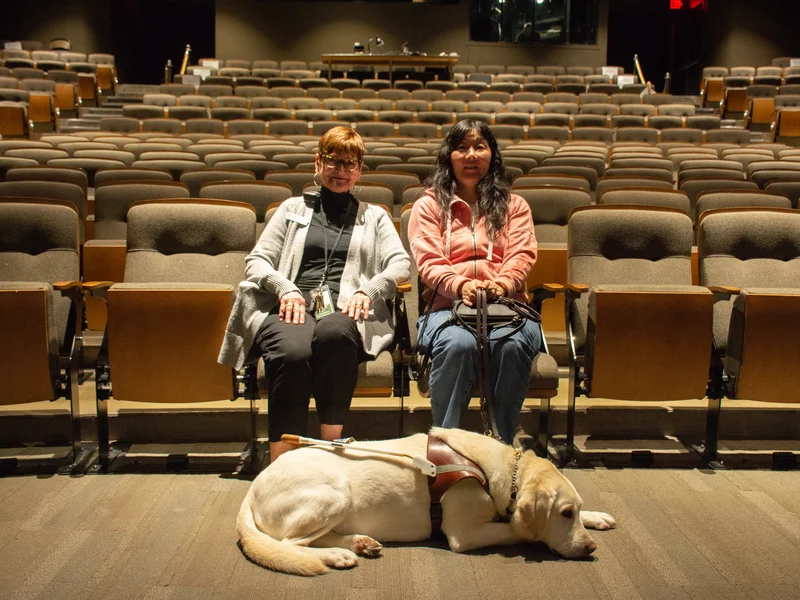
With support from the Government of Ontario, and in partnership with leading accessibility experts including MaRS Discovery District, we’ve created this easy to use toolkit to help municipalities identify accessibility gaps and opportunities, review strategic goals, and create policies to help implement change in the built environment.
Municipalities play a key leadership role in ensuring municipal spaces are accessible for everyone. Let's work together to develop policies that seamlessly integrate accessibility.
Explore The Municipal Accessibility Policy Toolkit
The Municipal Accessibility Policy (or MAP) Toolkit includes the following components along with associated worksheets.
*To access the full Toolkit, please download it using the button below.
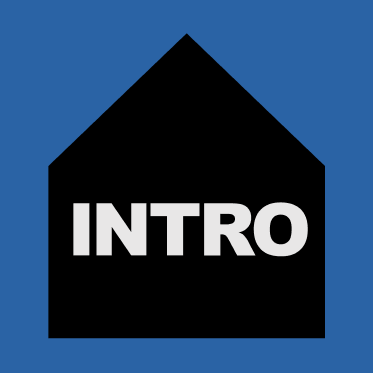
Introduction
Learn how to use the Toolkit and set a clear standard for success.

Session 1: Get Started
Refine your goals while identifying key barriers and opportunities around improving municipal spaces.

Session 2: Where You’re At
Select municipal sites to focus on and begin mapping out accessibility strategies.
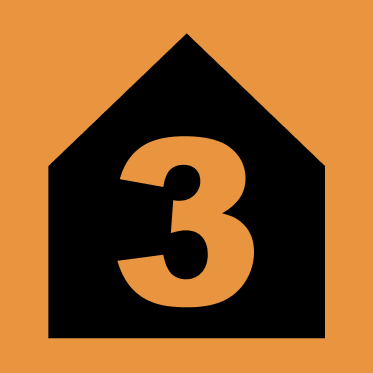
Session 3: Shift Perspectives
Improve how you prioritize where to take action, and build empathy for people who face barriers in the built environment.
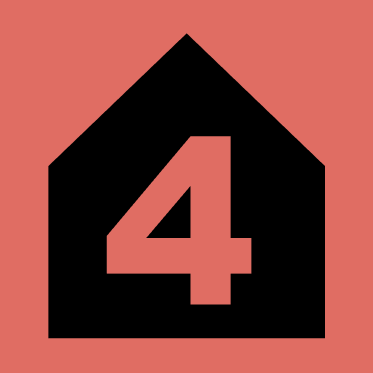
Session 4: Plan the Route
Build your roadmap for action, craft a business case to pitch for a selected project and explore potential partnerships and funding opportunities.
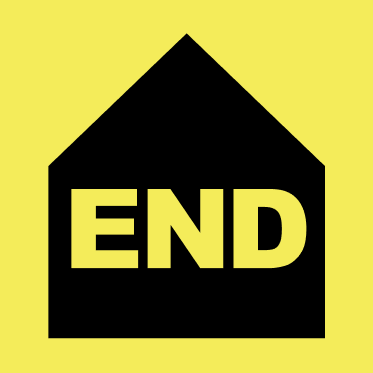
Final Checkpoint
Access practical tips and tools to help you take action with confidence.
Tips on Using the Toolkit
1
Identify a small working team of your colleagues connected to accessibility that will complete the activities together. Include people that create policies, strategies and plans, and those that implement design projects.
2
Determine a regular schedule for the team to meet.
3
Go at a pace that works for your team by following the suggested durations for each section to help manage your time effectively.
4
Use the activities within each Session to inform your accessibility policy and action plan for design project implementation.
5
Take action by modifying your policy, developing an implementation plan, or implementing design projects.
6
Be agile and iterate!

The views expressed do not necessarily reflect those of the Province.
Need help?
If you need support or have any questions on using this toolkit contact us at access@rickhansen.com
